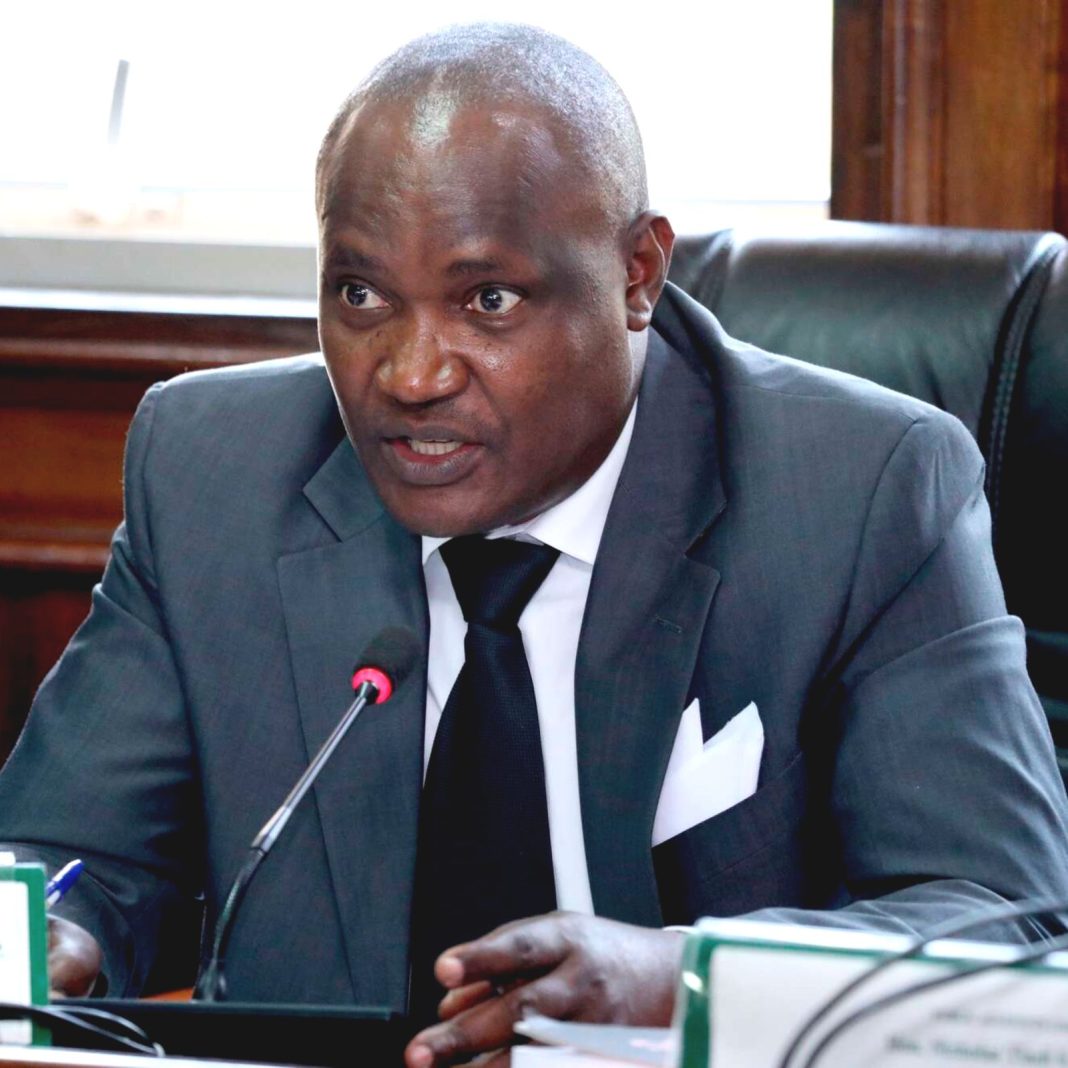By Kidha, Dan Kidha
Kenya is in crisis. No one doubts this anymore. The signs are everywhere: economic desperation, governmental paralysis, and a growing public distrust of institutions meant to uphold justice and democratic order. At the helm of it all sits a government many now see as inept, unresponsive, and irreparably out of touch. President Ruto’s leadership is a major flop. His ex-partner, Gachagua, fares no better: flamboyant in rhetoric, divisive in effect, and cynical in method.
And yet, acknowledging their failure should not substitute for deeper reflection. Suppose the Gen-Z protests finally succeed in ousting Ruto from State House. What then? What would Kenya gain? Would that singular act of political displacement deliver the nation we dream of? Or are we simply addicted to protest without a vision, resistance without reconstruction?
The trouble with Kenya runs deeper than personalities. The problem is that we don’t know what we want. And without a shared sense of national desire or destination, we cannot know the road to take or the resources we’ll need for the journey. That is why the question, “Who should lead Kenya?” is, at this point, the wrong question. It is a distraction, a false binary. Our political imagination remains trapped in an either/or duality—what Kierkegaard called a desperate irredeemable dichotomy—between opposing factions, ethnicities, or leaders, rather than opening up to a multiplicity of redemptive possibilities.
Since the early 1990s, when the agitation for multi-party democracy reached its peak, our national reflex has always been to “remove the one in power.” But rarely have we asked the more difficult and necessary question: so that what? Protest, when it emerges from clear moral urgency, as it did with Gen-Z’s initial uprising, has legitimacy. That first wave of resistance carried a potent moral consensus, rooted in shared outrage and specific demands. It gave voice to a generation fed up with debt, nepotism, and economic exclusion. But subsequent protests have lacked that moral coherence. Most recently, demonstrations have not presented a clear agenda beyond commemorating Saba Saba or opposing police brutality. These are noble causes, to be sure—but they risk losing potency when not anchored in defined objectives or sustained by moral clarity.
Saba Saba, in itself, is a necessary historical marker. It reminds us of the long road from one-party autocracy to democratic plurality. It carries the memory of sacrifice and civic courage. It invites contemporary generations to protect our democratic gains. But memory alone is not a political strategy. Commemoration does not require demonstrations. And in the face of senseless violence, both from state agents and protesters, the nation must embrace a twofold reckoning. The government must be held to account for the blood of innocent citizens killed by police. But protesters, too, must take responsibility for the wanton destruction of property. Both are illegitimate. Both betray the vision of a free and just society.
Faced with the moral collapse of his administration, the president must ask himself: Is it worth it? Human behavior has a telos, a purposeful end. What is his? Power without peace is parasitic. Authority without legitimacy is hollow. A bleeding nation cannot sustain anyone’s legacy.
To make matters worse, the July 7 (Saba Saba) protests took a chilling turn toward ethnic polarization. An alarming ethnicization emerged, with Kikuyu-majority areas protesting, and Luo communities responding with anti-Kikuyu rhetoric. This dangerous dichotomy threatens to reawaken the ghosts of Kenya’s darkest days. It entrenches a “we–versus–them” binary that is not only historically tired but morally bankrupt. Gachagua’s earlier threats, that the nation would burn, now appear to have seeded precisely that. And yet, to respond by fueling tribal resentment is to fall into the very trap we seek to escape.
Kenya is home to over 42 ethnic communities, all of whom are reeling from the effects of poor governance, corruption, and exclusion. The political musical chairs rotating power among ethnic elites while the masses suffer has brought us nothing but perpetual grievance and violence. It is no longer about Luo circumcision or Kikuyu economic dominance. These old ethnic narratives serve no purpose other than to distract from the real struggles of the people: hunger, unemployment, debt, and despair. Today, the Kikuyu may resist while the Kalenjin and Luo celebrate. Tomorrow, the reverse will be true. When does it end?
This is not sustainable. The winner-takes-all logic has destroyed any vision of collective belonging. It has made politics a zero-sum ethnic game. The question Kenya must ask is not who should rule next, but what kind of nation do we want to become. Can we imagine a future not structured by ethnic supremacy or electoral vengeance? Can we choose dialogue over antagonism, discernment over reaction?
If not, we must ask an even more sobering question: Do we still want to live together? Perhaps, if coexistence continues to prove impossible, it is time to explore what mutual and peaceful separation might look like. Once upon a time, we coexisted apart from each other. The cultural and geographical boundaries remain. Why not renegotiate the terms of engagement as good neighbors rather than adversarial housemates yoked unequally to a failed union?
For now, though, the most urgent call is for wisdom. Not another protest. Not another counter-ethnic vitriol. Not another messiah figure. But stillness. Reflection. Reimagining. Dialogue. Until we can clearly and collectively answer the question, What do we really want as a nation?, every agitation will be directionless, every removal of power merely symbolic, and every ethnic rivalry a tragic cycle repeating itself.
The way forward is not in the streets, but in the soul of the nation.



